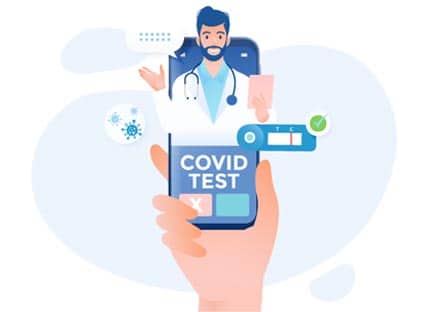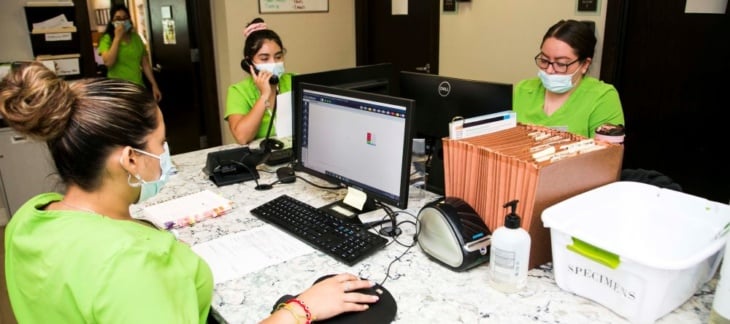Sexually transmitted diseases or infections are diseases that are transmitted from one person to another through sexual contact. There are more than 20 types of STDs and they can be caused by bacteria, viruses, and parasites.
Although most diseases can affect both men and women, the consequences can be much more serious in women, which is why the gynecologist at the Formé Medical Center, Dr. Claudia Useda, tells us about some of the most serious important aspects that women must take into account in relation to these.
What are the most common venereal diseases?
There are many sexually transmitted diseases. For example, Chlamydia, Gonorrhea, Hepatitis B, Herpes, Human Papillomavirus, AIDS and Syphilis are some of those that are transmitted through sexual contact.
Let’s talk about Chlamydia, Gonorrhea and Syphilis, what are the symptoms of these diseases?
Unfortunately 80% of patients with diseases such as gonorrhea or chlamydia, do not have symptoms. It is a disease in which women do not feel pain or changes in their vaginal discharge, so they may have an infection and not know it.
The number of women who have suffered from this type of disease in recent years has increased considerably, specifically with chlamydia 19% more than in 2014, gonorrhea had an increase of 63% and syphilis a 71% more.
What is the population most likely to be infected with these diseases?
Half of the cases occur in women between 15 and 24 years of age and can have consequences such as infertility, ectopic pregnancies, pelvic inflammation, increased risk of contracting AIDS and, if it occurs in a pregnant woman, it can transmit syphilis to the baby.
In the specific case of chlamydia, it can lead to premature delivery, neonatal pneumonia, conjunctivitis and postpartum endometritis.
What could be the reason why the cases of patients with STD increased in relation to 2014?
Ignorance is the main reason. There are still many women who do not know that these diseases exist or do not have enough information about the use of sexual protection methods that are different from family planning methods.
Another reason is that they are not in the habit of undergoing regular gynecological check-ups and, as I have already mentioned, these diseases do not present symptoms so the doctor is not consulted either.
These infections, can they be treated?
The treatment for these infections is carried out with antibiotics. They are a very effective medicine that, for example, in the case of chlamydia can be cured with only 2 pills. But the important thing is that the sexual partner of the woman who is sick, must also take it to ensure that the infection is eradicated.
In the case of gonorrhea, many of the antibiotics used to treat this infection have created resistance. So, it is strictly necessary to have medical support to monitor each case and, once again, treat both the woman and her partner.
If they are asymptomatic diseases, how can they be identified?
Vaginal discharge is the means by which a woman could identify that there is an infection. However, the increase in discharge or change in color of this does not mean that there is a sexually transmitted disease. There may be many other reasons for this. The advice for any woman is that if she has vaginal or pelvic inflammation, pain, fever or any change that she considers abnormal, consult the gynecologist.
How is the test to detect these diseases?
In the case of chlamydia, it can be done by a urine sample or vaginal discharge. For syphilis, a blood test is necessary.
How to prevent these diseases?
Through annual check-ups from the beginning of sexual activity and, of course, with the use of a condom in each sexual relationship, even if another method of family planning is being used.
At Formé, we support the Latino community by offering medical services from different specialties willing to accompany them in their health care.
We offer different health plans designed for people who do not have health insurance. Call us at 914-723-4900 and receive more information about our services.







